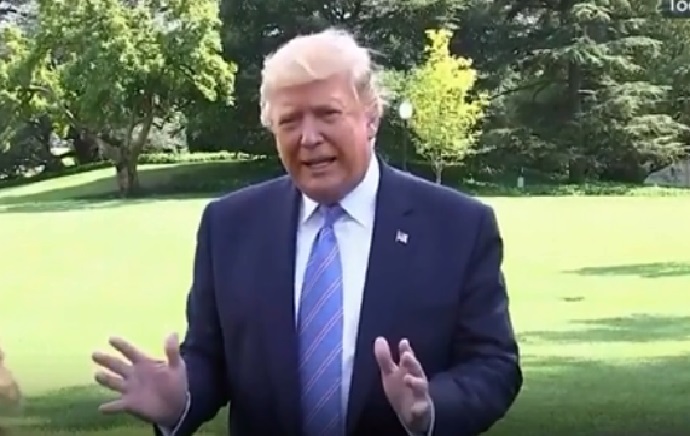The administration of U.S President Donald Trump had previously taken steps to cut programs designed at identifying and fighting far-right extremism or white nationalism. It supposedly motivated and inspired the shooter who opened fire in El Paso, Texas, over the weekend. The shooting incident took place on Saturday that left 22 dead and more than 2 dozen injured. There was a debate surrounding domestic extremism has bubbled to the top of American discourse. Most of them were denouncing Trump’s rhetoric as a racist dog whistle encouraging white nationalists and supremacists. It is noteworthy that Trump also denounced white supremacy and hatred on Monday. The residents of El Paso and terrorism experts have questioned the Trump administration’s 2017 decision to cut funding for the Obama-era Countering Violent Extremism Program.
This program allocated 10 million U.S dollars to fight the kinds of domestic extremism seen this past weekend and other measures. A senior researcher and terrorism expert with the Soufan Centre, Colin Clarke informed the press, “I think, clearly, the events of this last weekend, and the events of the last several years have shown that writ-large, not enough is being done to counter violent extremists and right-wing violent extremists”. Clarke added, “Even if you step away from the data, anecdotally, this is a pretty steady drumbeat since Charlottesville”. He was referring to the demonstrations in Virginia in 2017 in which a white supremacist killed a young woman.
Trump administration ended the 2016 program and halted more than 1.3 million U.S dollars in grants to organizations dedicated to fighting online extremism and to helping neo-Nazis hoping to reform. Those actions came as America experienced a spike in the number of far-right extremist attacks. There were 2 such incidents took place in 2007 but rose to 31 in 2017. The FBI director Cristopher Wray testified last month that supremacism made up the majority of domestic terrorism cases his agency faces. Wray said during testimony before the U.S Senate Judiciary Committee, he said, “I will say that a majority of the domestic terrorism cases that we’ve investigated are motivated by some version of what you might call white supremacist violence, but it does include other things as well”.
